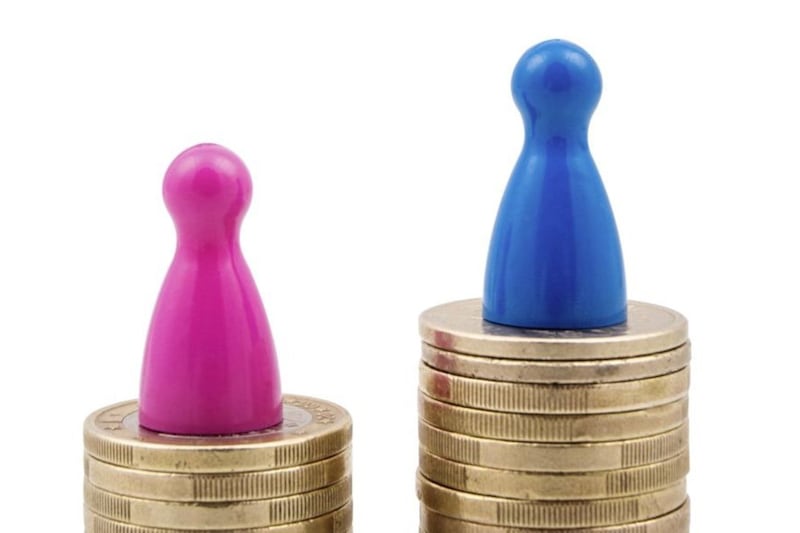WITH a wide range of facilities and services offered by hospitality outlets, this can increase the risk of accidents – whether it be falls on the dance floor, slips on a wet floor or faulty equipment in the hotel gym.
Such accidents can often lead to the injured guest bringing a claim for personal injuries, loss and damage.
However, there are steps which owners, management and staff can take to reduce the risk of a claim being successful or limiting the amount which a guest may ultimately recover.
Venue owners must ensure that their employees and any visitors to the premises, including guests and members of the public, are kept safe from harm.
Reasonable precautions must be taken to ensure that the premises are safe. It is essential to make sure that there is adequate insurance cover in place and that cover is reviewed on a regular basis to ensure there is the appropriate indemnity.
If a claim does arise, then it is important that an early and detailed report of the claim is made to the venue’s insurance company or broker to ensure policy cover is not denied for late notification of the claim. Early and thorough investigation of the claim should be carried out and key evidence, such as damaged/defective equipment retained, photographs taken and CCTV footage saved.
It is essential for property owners and management to keep clear, detailed and up to date records to assist the defence of any claims brought against the venue.
This may sound obvious, yet it could be critical to the successful defence of a claim, if the venue can show it has a “reasonable system of inspection and maintenance” in place. For example, if a client slips in the hotel leisure changing rooms but the hotel can show through documentation that they have a reasonable system for inspecting the floor, then they will not be liable to pay out for the claim.
This is not an exhaustive list, however, key records which should be kept include:
• Health & Safety Policy – confirming compliance with various Health & Safety Regulations
• Risk assessments
• Training records of staff (regular staff training on how to deal with incidents and health and safety is highly advisable)
• Inspection and servicing/maintenance records of equipment and facilities
• Photographs of the accident scene
• Copies of any hazard warning notices
• Accident book, including entries for any similar incidents
• Any CCTV footage relating to an incident
Venue owners owe lawful visitors to their premises “a duty to take such care as in all the circumstances of the case is reasonable to see that the visitor will be reasonably safe in using the premises for the purposes for which he is invited or permitted by the occupier to be there”.
However, if an accident happens on the premises, for example, due to a defect in the flooring or a wet floor, then it may be possible to shift liability for the accident to a third party, such as a subcontractor, if they had carried out works in the area. In order to shift this burden of liability, the venue owner/occupier will need to be able to show they employed a competent subcontractor to carry out that the particular piece of work which has allegedly caused the accident.
It is in the best interests for hospitality outlets to take steps to mitigate the risk of accidents occurring on their premises as ultimately it will keep down the cost of insurance premiums whilst also maintaining their reputation.
:: Aoife Duffy ( aoife.duffy@mckees-law.com) is an associate in Belfast-based law firm McKees (www.mckees-law.com), specialising in helping clients avoid disputes









